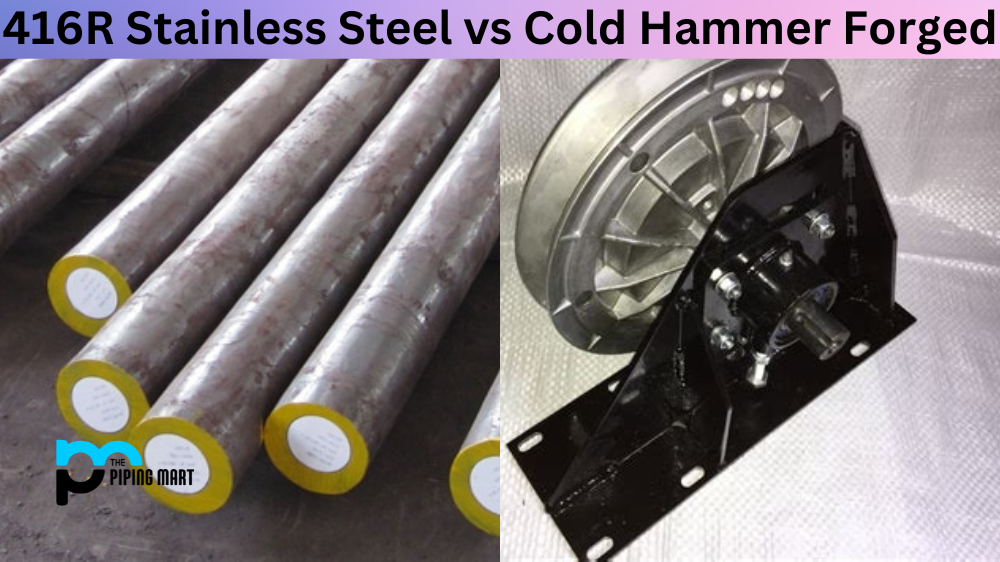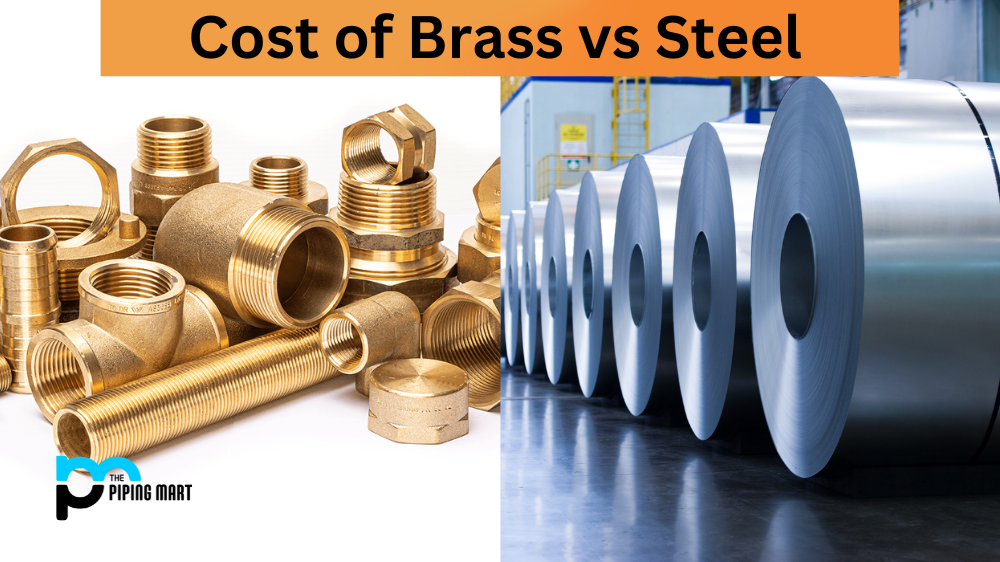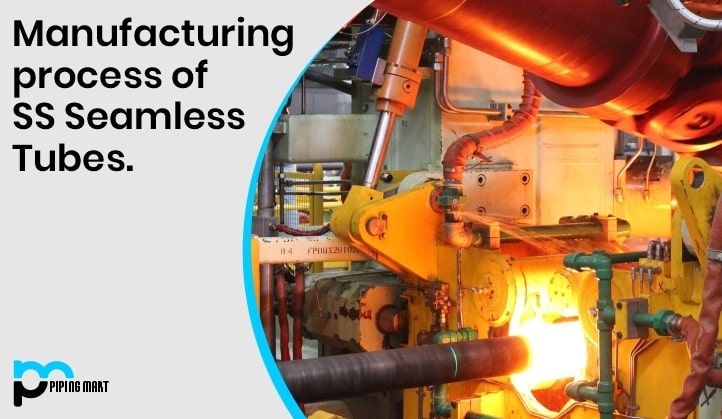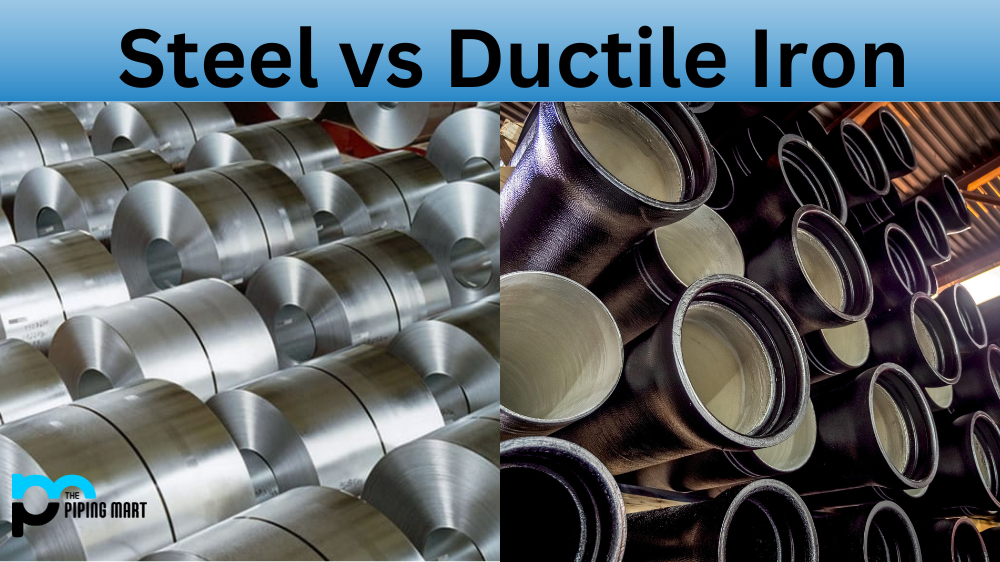Regarding firearm barrels, there are many different materials and manufacturing processes. Two popular options are 416R stainless steel and cold hammer forging. Both have unique benefits and drawbacks, making it important to understand their differences. In this article, we’ll explore the pros and cons of each and help you decide which is right for your needs.
What is 416R Stainless Steel?
One of the main benefits of 416R stainless steel is its high corrosion resistance. This material is formulated with a higher percentage of chromium than other types of stainless steel, which means it will resist rust and other forms of degradation even when exposed to moisture and harsh environmental conditions. Additionally, 416R stainless steel is highly accurate and consistent in its performance, making it a top choice for long-range shooting. However, it can be expensive compared to other materials and requires careful maintenance to ensure longevity.
What is Cold Hammer Forged?
Cold hammer forging is a manufacturing process that involves stretching and shaping a piece of metal into a barrel shape. This process results in a highly durable barrel that is resistant to wear and tear. Additionally, cold hammer forging can improve the accuracy of a barrel and reduce fouling. However, it’s worth noting that cold hammer forging is more expensive than other types of barrel manufacturing, and it can be not easy to find replacement barrels that match the exact specifications of the original barrel.
Difference Between 416R Stainless Steel and Cold Hammer Forged
Corrosion Resistance
One of the primary benefits of 416r stainless steel is its high corrosion resistance. This makes it ideal for firearms exposed to harsh conditions, such as saltwater environments. Additionally, the corrosion resistance of 416r stainless steel helps extend the barrel’s life.
Durability
Another advantage of 416r stainless steel is its durability. This type of steel can withstand high levels of wear and tear, making it an ideal choice for use in firearms that will see heavy use. Additionally, the durability of 416r stainless steel helps to ensure that the barrel will maintain its accuracy over time.
Accuracy
One of the benefits of cold hammer forged barrels is their accuracy. Cold hammer forging helps create a barrel with a precise bore, improving accuracy. Additionally, the tight tolerances associated with cold hammer forged barrels help to ensure that the barrel will retain its accuracy even after extended use.
Choosing Between the Two
So, which one should you choose? The answer depends on your specific needs and preferences. If you want a highly accurate barrel resistant to corrosion, 416R stainless steel is a great choice. On the other hand, if you want an extremely durable barrel with a longer lifespan, a cold hammer forged might be the better option. Ultimately, the decision will come down to your budget, shooting style, and personal preferences.
Other Factors to Consider
While the type of material and manufacturing process used to make a barrel is important, it’s not the only factor you should consider when deciding on a new barrel. Other factors to consider include the rifling type (standard or polygonal), the barrel length, and the twist rate. Additionally, it’s important to choose a reputable manufacturer that uses high-quality materials and has a good track record for producing reliable barrels.
Conclusion
Choosing between 416R stainless steel and cold hammer forged for your firearm barrel has pros and cons. Ultimately, the decision will come down to your individual needs and preferences. No matter which one you choose, it’s important to take care of your barrel and choose a reputable manufacturer. By doing so, you’ll be able to maximize your accuracy, durability, and overall shooting experience for years to come.

Hey, I’m Krutik, a casual blogger expert in the metal industry. I am passionate about providing valuable information to my readers. With a background in engineering and construction, I like playing Cricket & watching Netflix shows in my free time. Thank you for visiting my blog, and I hope you find my information helpful!




